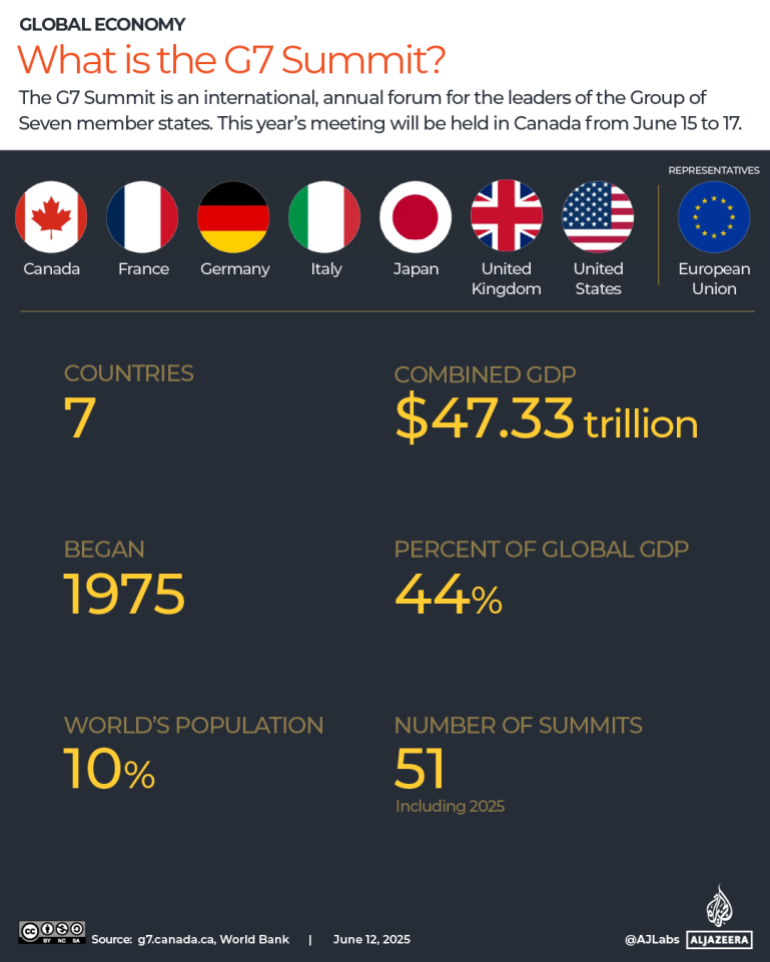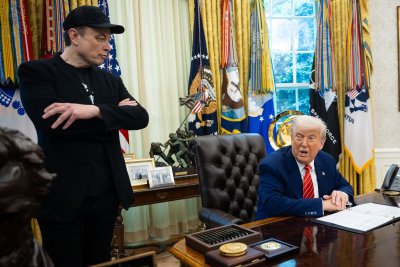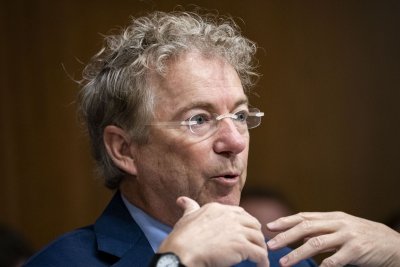How conflict with Iran could supercharge Trump’s domestic agenda
A tenuous ceasefire between Israel and Iran has slightly dampened the threat that the United States could be further dragged into an international conflict.
But many Americans are approaching the Fourth of July with a sense of trepidation if not outright fear — that such a war could still be on the horizon and that there is currently an increased risk of a terrorist attack in America because of it.
For so many reasons, we are a nation on edge. Which is why we have to be careful to not allow our fears to overtake our commitment to civil rights.
“Autocrats almost always use emergencies, sometimes real ones, sometimes exaggerated ones, and sometimes invented ones … to accumulate power,” said Steven Levitsky, a professor of government at Harvard University and author of “How Democracies Die.”
None of the political experts I spoke with in past days said they thought President Trump planned the Iran bombing for his domestic agenda — that would be really extreme. But most shared Levitsky’s concern that it is in moments of anxiety, when society is apprehensive of external threats, that authoritarians find the most fertile ground for increasing their domestic power — because too often, people willingly give up freedoms in exchange for perceived safety.
Hiroshi Motomura, a UCLA law professor who advised the Obama-Biden transition team on immigration policy, said that trade-off means “the situation with Iran and Trump’s immigration policy are very closely intertwined.”
No place is more likely to see that intersection of international and domestic policy more bluntly than California, and Los Angeles in particular.
Los Angeles is a “test case,” Brad Jones told me, where the Trump administration is already pushing to see how far it can go. He’s a political science professor at UC Davis.
“This is a very opportunistic presidency, and any opportunity that they can use to forward their immigration agenda, I think they’ll take full advantage of it,” Jones said.
We already have the Marines and National Guard on the streets, and under federal control, supposedly because Los Angeles is in the grip of violent chaos. Although Angelenos know this is ridiculous, the courts have, for now, sided with Trump that this deployment of troops on U.S. soil is within his power. And much of America, inundated with right-wing versions of current immigration protests, is seeing on a daily basis a narrative of lawlessness that seems to justify Trump’s crackdowns — including the arrest or detention of Democratic lawmakers.
Benjamin Radd is a professor at UCLA, an expert on Iran and a senior fellow at the UCLA Burkle Center for International Relations. He was featured in the documentary “War Game” last year about how a military insurgency could play out in the United States.
Not long ago — before the National Guard was deployed in L.A. against the will of Gov. Gavin Newsom — Radd was hired by a veterans group, which he declined to identify, to game out what would happen if Trump federalized the National Guard against the will of governors and turned them on the American public.
“And lo and behold, here we are now,” Radd said.
In his simulation, the pretend Trump didn’t invoke the Insurrection Act, a law that could further a president’s ability to deploy the military within the United States.
But in the real world, it’s a concern that Trump would — either because of a genuine threat, or a Trumped-up one. Rudd said that would be a “big red line.”
“I’m waiting to see if this Donald Trump will actually do that, because invoking the act will be able to give him more of those emergency powers that right now are being stymied at the courts,” he said.
Los Angeles, Rudd points out, is home to a large community of Iranian Americans, of which he is a member.
It’s not a huge stretch of the imagination to dream up a scenario in which the government sees this community as a potential threat if the conflict in the Middle East continues, as Japanese Americans were once viewed as a threat during World War II. Rudd said he didn’t see the likelihood of a mass internment, but pointed out that the government has already detained and deported students speaking out on the Israel-Hamas conflict in Gaza.
“Who gets swept up in that when you’re dealing with ethically diverse metropolises like Los Angeles that have a complex background and mix of people?” he asks.
Already, the administration has announced the arrests of 11 undocumented Iranians across the U.S. in the last few days.
“We have been saying we are getting the worst of the worst out — and we are,” Homeland Security Department Tricia McLaughlin said in a statement. “We don’t wait until a military operation to execute; we proactively deliver on President Trump’s mandate to secure the homeland.”
Trump’s “entire playbook on immigration has been to characterize immigration as invasion and immigrants as invaders,” Motomura said. “Having a military conflict with Iran allows Trump to link any actions by Iran or its proxies as further evidence of invasion … and as even further proof that he must take drastic emergency measures against foes both domestic and foreign.”
Levitsky said that the “Trump administration is clearly learning how useful it is” to portray immigration as a national security emergency. He points out that the deportations of Venezuelans to El Salvador this year was supposedly necessary because it was depicted as an attack on America by members of the Tren de Aragua gang, although there was little evidence of such a planned incursion.
But the narrative of immigration as a foreign offensive has stuck — remember when “shithole countries” were supposedly purposefully emptying prisons and mental hospitals to send murderers and rapists to the U.S.?
And so many people accepted whatever erosion of rights these deportations meant in exchange for the perception of living in safer communities — never mind that the reality is that most of those now trapped in that Salvadoran prison are not violent criminals.
Success with that tactic has left the administration increasingly eager to capitalize on fearmongering and “looking for ways to use language like insurgency or emergency that frees it from from legal constraints,” Levitsky said. “And war is a great way to do it.”
Jones warned that even just stoking concerns that “there’s cells or there’s people on the inside” wishing to do us harm could be justification enough for more disintegration of rights.
Although all of that sounds dire, it’s important to remember that it hasn’t happened yet, and it may never happen. And if it does, it does not mean there’s no recourse to protect our civil rights — the people still have power.
“There isn’t a single strategy, a single slogan, a single movement, a single group, a single leader, a single protest,” Levitsky said. “There are literally 1,000 different ways for people to express their opposition to what’s going on, and what’s important is that Americans engage.”
Part of that engagement is accepting that democracy is not a given, and that American democracy holds no special powers to survive, he said.
“Frankly, that’s why we’re losing our democracy,” Levitsky said. “Brazilians don’t have this problem. South Koreans do not have this problem. … Germans don’t have this problem. People in Spain don’t have this problem. Chileans, Argentinians do not have this problem.
“All those societies have a collective memory of authoritarianism. All those societies know what it means to lose a democracy,” he said. “Americans don’t have an idea.”
Our greatest threat right now isn’t Trump or what he may or may not do. It’s our inability to believe that authoritarianism really is creeping up on us, that it could happen here.
And that all it might take is denial with a chaser of fear to topple a democracy that once felt unbreakable.






